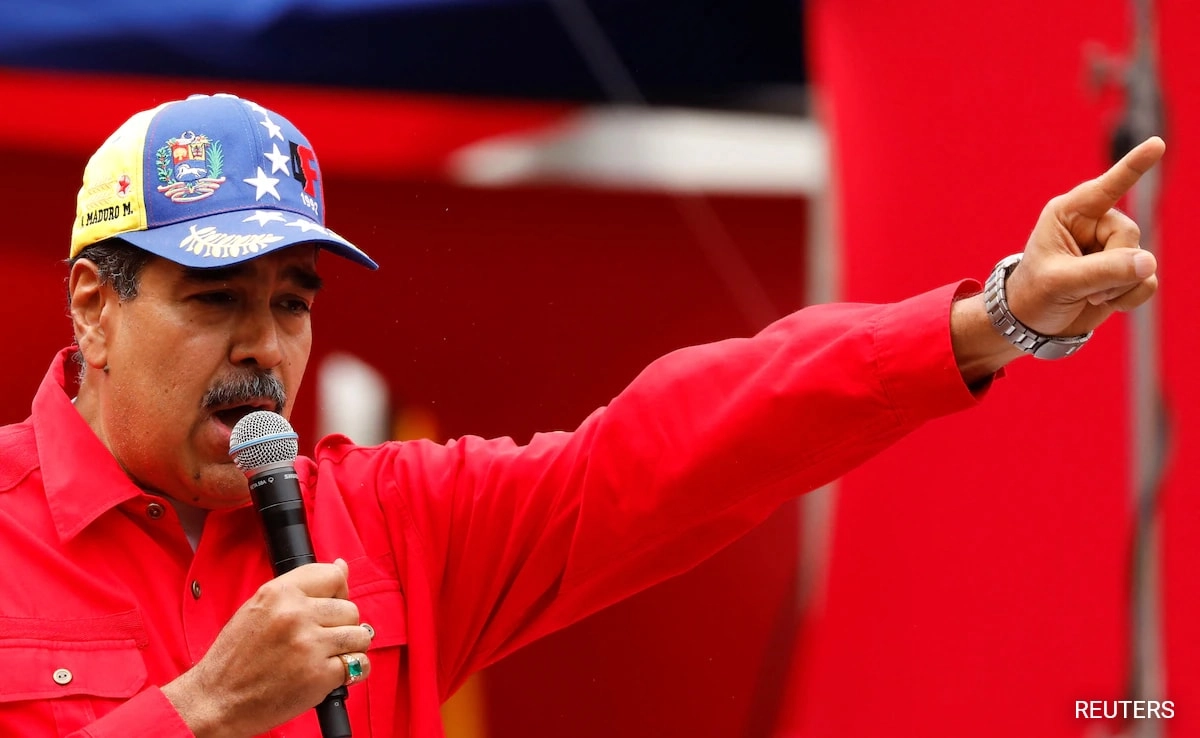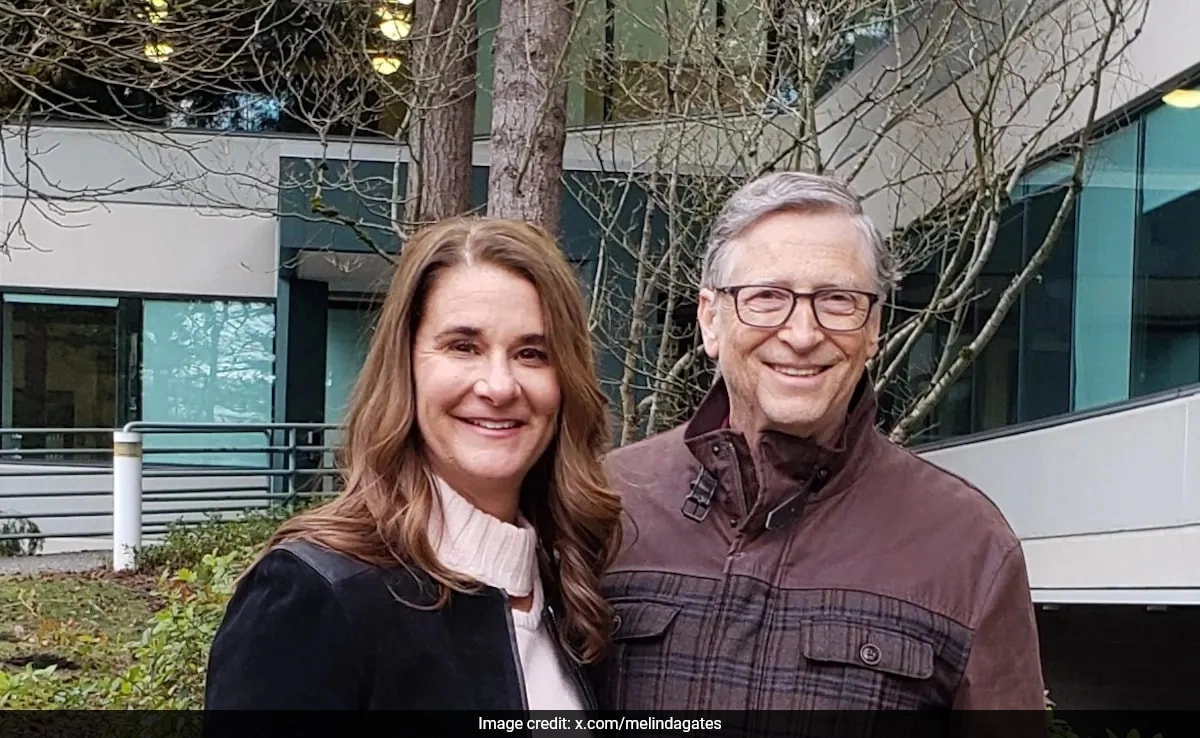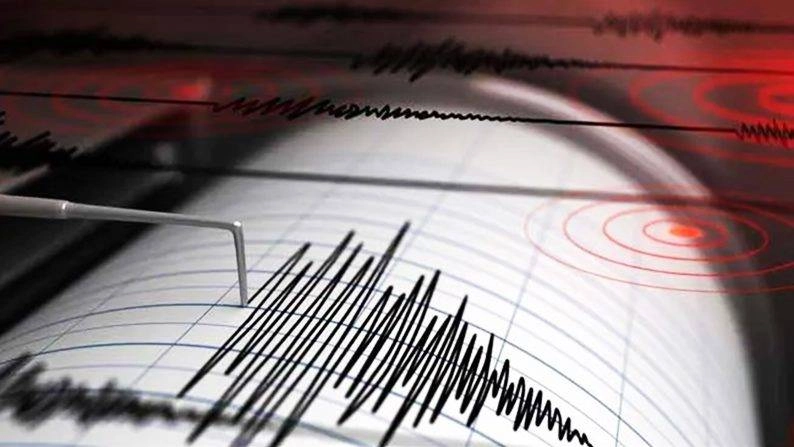Venezuela has recently escalated its rhetoric against the United States, accusing it of conducting what it characterizes as an “undeclared war” against the South American nation. This accusation comes amidst escalating tensions between the two countries, which have been marked by a series of political and economic sanctions imposed by the U.S. on the Venezuelan government. In a bold move, Venezuelan officials have called for the United Nations to investigate what they describe as aggressive actions by the U.S., claiming that these actions undermine Venezuela’s sovereignty and pose a threat to its stability.
The Venezuelan government argues that the U.S. is using a combination of economic sanctions, diplomatic pressure, and other covert operations to destabilize its political landscape and instigate unrest. President Nicolás Maduro and his administration have long maintained that external forces, particularly from Washington, are attempting to orchestrate a regime change. The Venezuelan leadership believes that such actions not only violate international law but also contravene the principles of self-determination and respect for national sovereignty. This has set the stage for a significant diplomatic confrontation, with Venezuela seeking to garner international support against what it perceives as U.S. aggression.
In response to the allegations, the United States has consistently denied any wrongdoing, asserting that its sanctions are aimed at specific individuals and entities within the Venezuelan government rather than the Venezuelan people as a whole. U.S. officials argue that these measures are necessary to address human rights violations and to promote democracy in Venezuela, a country that has been grappling with severe economic challenges, hyperinflation, and a humanitarian crisis. The contrasting narratives from both nations reflect the deeply entrenched hostilities and the polarized nature of international relations surrounding Venezuela, where the struggle for power is intertwined with broader geopolitical interests.
The situation has led to a complex and contentious environment within international forums, with Venezuela appealing to allies and non-aligned nations to support its calls for an investigation. As the United Nations considers the implications of these allegations, the potential for escalating tensions remains a concern, not only for Venezuela and the U.S. but for regional stability in Latin America as a whole. The outcome of these developments could have far-reaching consequences, influencing diplomatic relations, economic policies, and the broader geopolitical landscape in the region.




